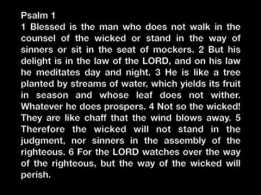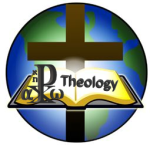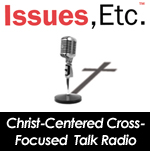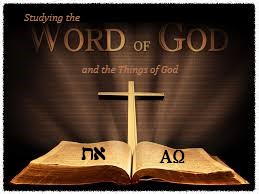“The LORD is far from the wicked, but he hears the prayer of the righteous.”
Proverbs 15:29
In the Holy Name of the risen Christ. Amen.
 According to the National Day of Prayer task force, “The National Day of Prayer is an annual observance held on the first Thursday of May, inviting people of all faiths to pray for the nation. It was created in 1952 by a joint resolution of the United States Congress, and signed into law by President Harry S. Truman.”
According to the National Day of Prayer task force, “The National Day of Prayer is an annual observance held on the first Thursday of May, inviting people of all faiths to pray for the nation. It was created in 1952 by a joint resolution of the United States Congress, and signed into law by President Harry S. Truman.”
This encouragement to pray is a good thing. In fact, God commands prayer (the Second Commandment). Not praying, therefore, is a sin. Praying for the nation in which we live is also a good thing (1 Timothy 2:1-4).
Prayer for ourselves and for others, as well as for our nation, is indeed “good” and “pleasing in the sight of God our Savior.” God promises to hear prayer, as revealed through the Psalmist, “Call upon me in the day of trouble; I will deliver you, and you shall glorify me (Psalm 50:15).
Thus, not only does God command prayer. He also promises to hear prayer (Read the Introduction to the Lord’s Prayer in Luther’s Large Catechism). The command and the promise of prayer move the Christian to pray, and so His people do pray, even “without ceasing” (1 Thessalonians 5:17).
Yet, the National Day of Prayer task force and the annual observance do not make the distinctions that God does. They lump people of all faiths together, as if all prayer of all people are acceptable to God, and therefore, heard by  Him.
Him.
Nevertheless, God does not hear the prayers of all people, as recorded in the Proverb text above. The Psalmist, too, exalts this truth by saying, “The LORD knows the way of the righteous, but the way of the wicked will perish” (Psalm 1:6).
The righteous are they who look to God for mercy in Christ, who repent of their sin, who seek salvation from Christ alone, recognizing their dependency on the Lord for help and deliverance from sin and death. These are they who have faith, and only these have the certainty of God’s hearing and help (Hebrews 11:6; Luke 17:5-10; 1 John 5:14-15).
The wicked, however, are they who reject God’s salvation in Christ and have a different confession of faith than the faith revealed in Holy Scripture (John 8:31-32, 47; 14:23-24; 1 John 5:9-13; 2 John 1:9) . God does not hear the prayers of the unbeliever because they do not pray in faith (Romans 14:3; James 1:6).
We make such distinctions because God Himself makes such distinctions. Thus, instead of lumping all people together as having the same God, and praying to Him, we believe God’s Word and therefore, seek to speak the truth of that Word which alone converts souls from death to life. We also humbly pray that the Lord would keep us from arrogance and pride, even as we pray for all people, our nation and ourselves, even concerning the more significant and eternal matters of God’s mercy and forgiveness through His Son, in whose Name God’s people with confidence pray.
Filed under: Christian Denominations & Fellowship, Law & Gospel, Rightly Dividing the Word of Truth, Reviews (Books, articles, etc.), The Small Catechism, Part 2 - The Creed, The Small Catechism, Part 3 - The Lord's Prayer, Theology & Doctrine, World Religions | Tagged: Faith, God, Idolatry, National Day of Prayer, Petition, Promise, Psalm 1, Righteous, Wicked | Leave a comment »









